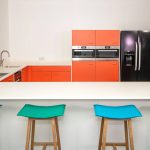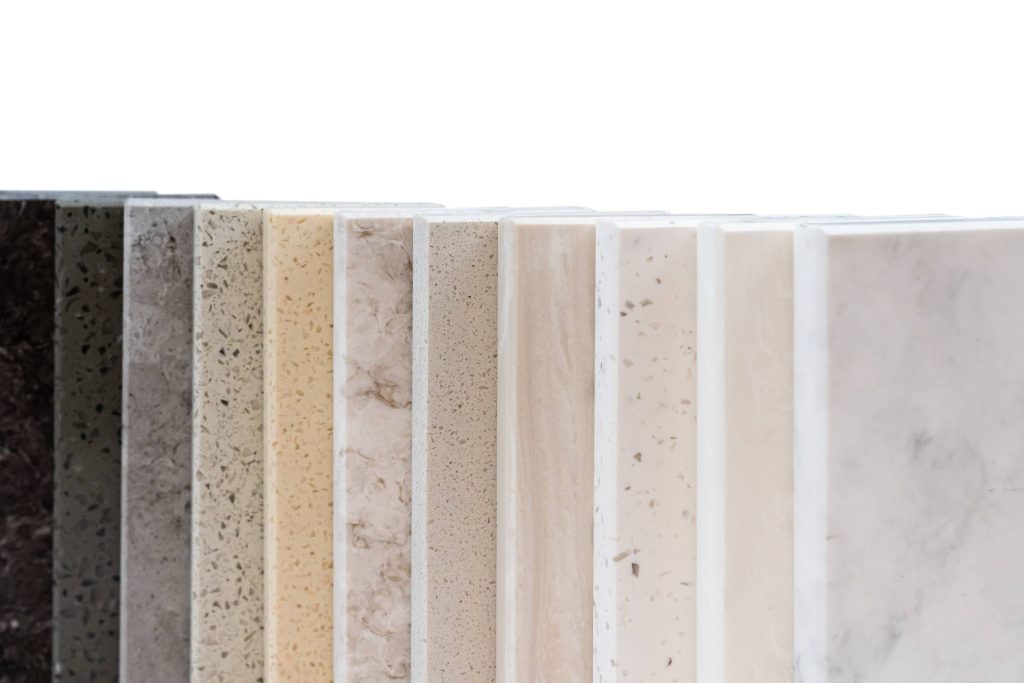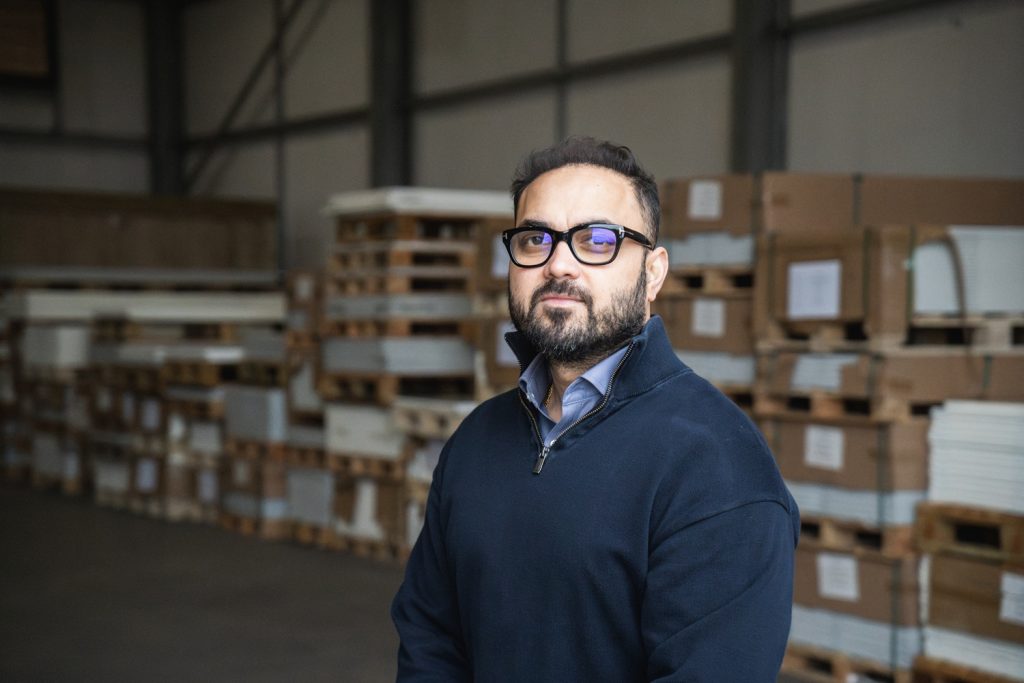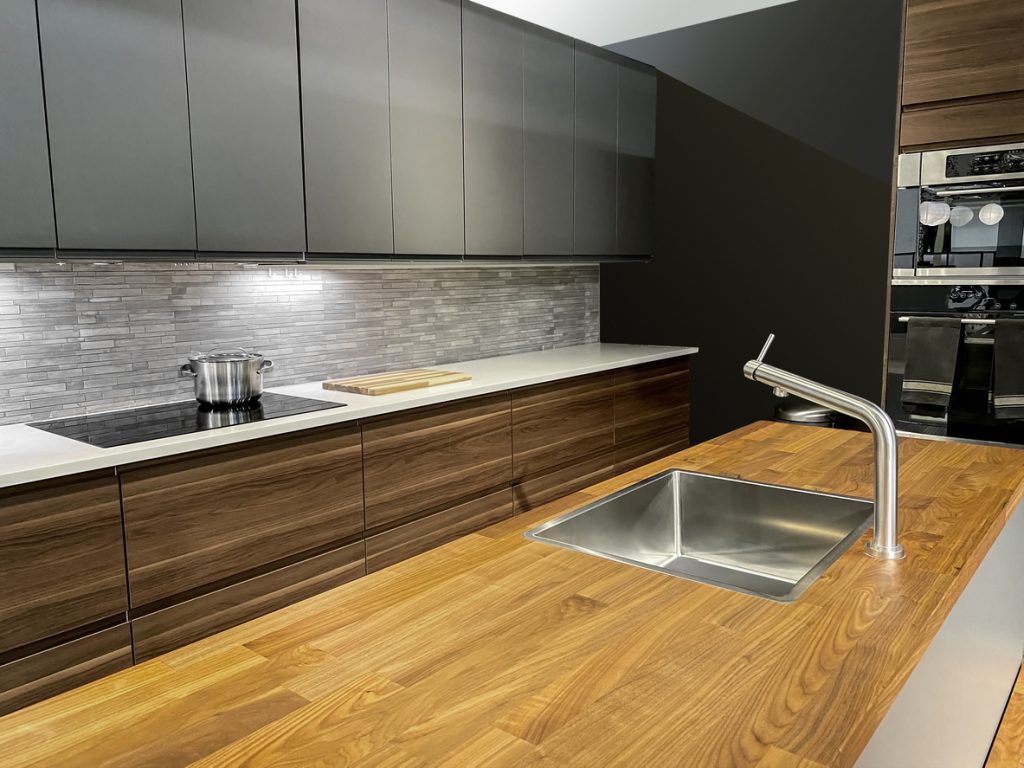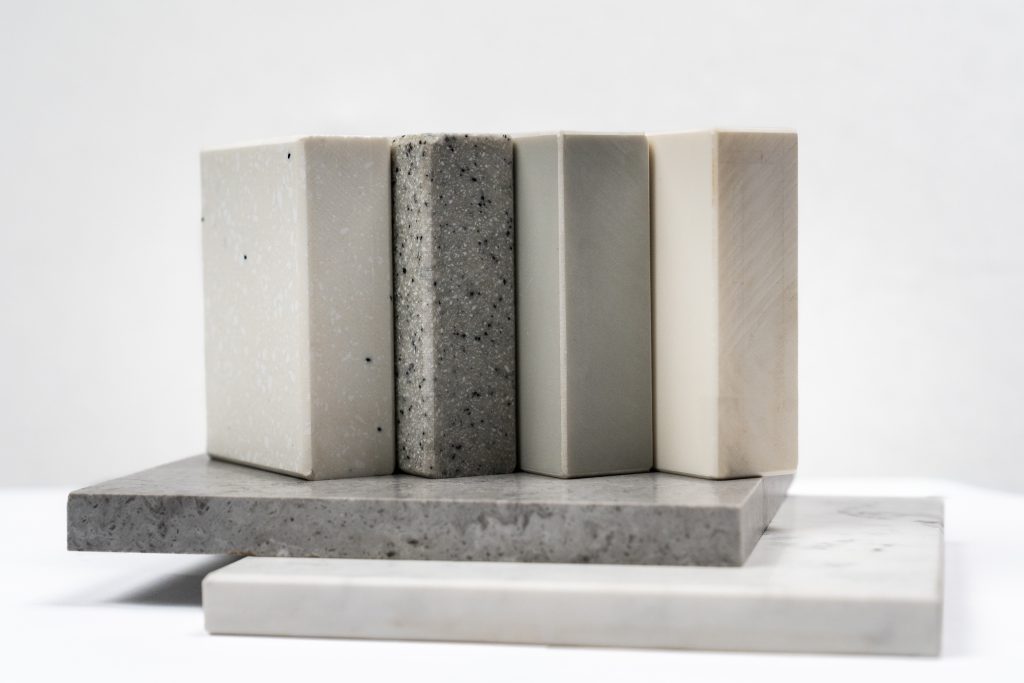The need for a better understanding of worktop materials.
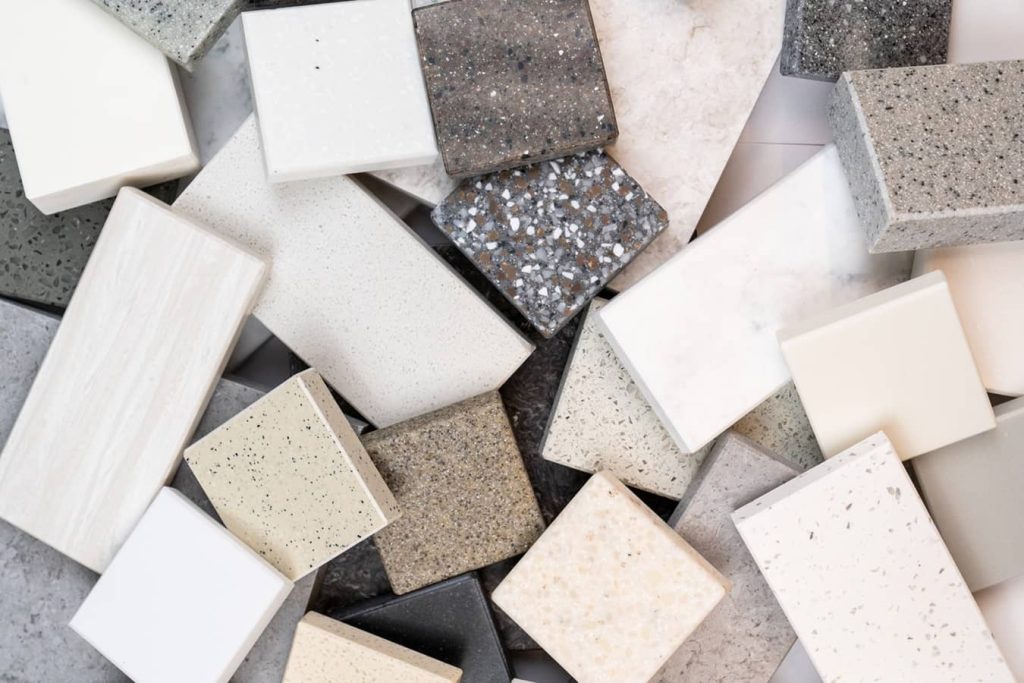
 Recent health concerns around surrounding certain artificial stone kitchen worktops means that it is more important than ever for industry professionals to make informed choices about the worktop materials they use, says Sameer Sawant, Director of leading solid surface manufacturers – Velstone.
Recent health concerns around surrounding certain artificial stone kitchen worktops means that it is more important than ever for industry professionals to make informed choices about the worktop materials they use, says Sameer Sawant, Director of leading solid surface manufacturers – Velstone.
The recent eight cases of silicosis in industry workers linked to the processing of some artificial stone products, and subsequent reports that medical professionals are urging the UK Government to ban them due to health risks, are hugely concerning.
Artificial stone such as Quartz, made from crushed natural stone, resins, and pigments, contains significantly higher levels of crystalline silica than natural stone by up to 90%. This poses a greater health risk to workers who process it without proper protection.
However, it’s crucial to address these issues while recognising and understanding that not all engineered surfaces carry the same risks.
Indeed, the current dialogue surrounding artificial stone worktops presents an opportunity for the industry to re-evaluate and improve practices, and encourage architects, designers, and contactors to thoroughly research and understand the composition and properties of solid surface materials before any decision is made for a project.
At Velstone, we’ve long been aware of the potential risks associated with silica-based engineered stone products, with Australia banning silica-based engineered stone in December last year.
As a leader in solid surface manufacturing, Velstone is 100% silica-free, providing peace of mind and setting us apart from quartz-based or granite composite materials that have come under scrutiny.
Velstone, which is easy to work with and install, is essentially a rigid plastic, non-porous, and completely hygienic to machine and use. This fundamental difference means that Velstone products do not carry the risks associated with crystalline silica inhalation during processing or installation.
Health and safety is not just paramount for us or the professionals who work with our materials but also the end-users who have the most prolonged exposure to these surfaces.
The non-porous nature of Velstone means it’s ultra-hygienic, with unobtrusive joints that resist bacteria growth, making it an ideal choice for hygiene-conscious spaces. It’s also resistant to moisture, easy to clean, and simple to maintain.
Solid surface manufacturers have a responsibility to ensure their materials are safe and we welcome this conversation and see it as a chance to highlight the benefits of innovative, safe alternatives which do not pose these risks.
Velstone demonstrates that with the right approach and materials, we can create stunning, durable kitchen worktops that are safe for everyone involved – from fabrication to installation to daily use.
For more information visit www.velstone.com or call 0208 861 4422.



